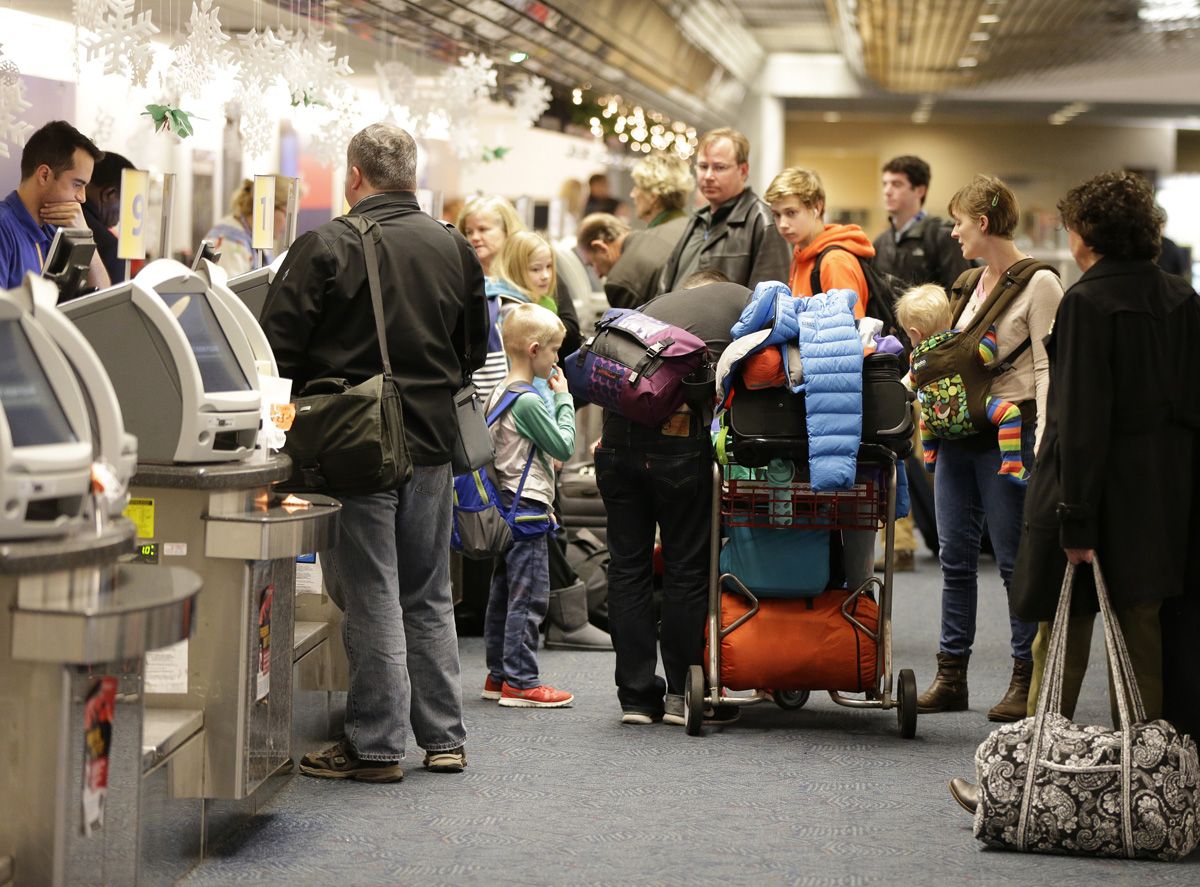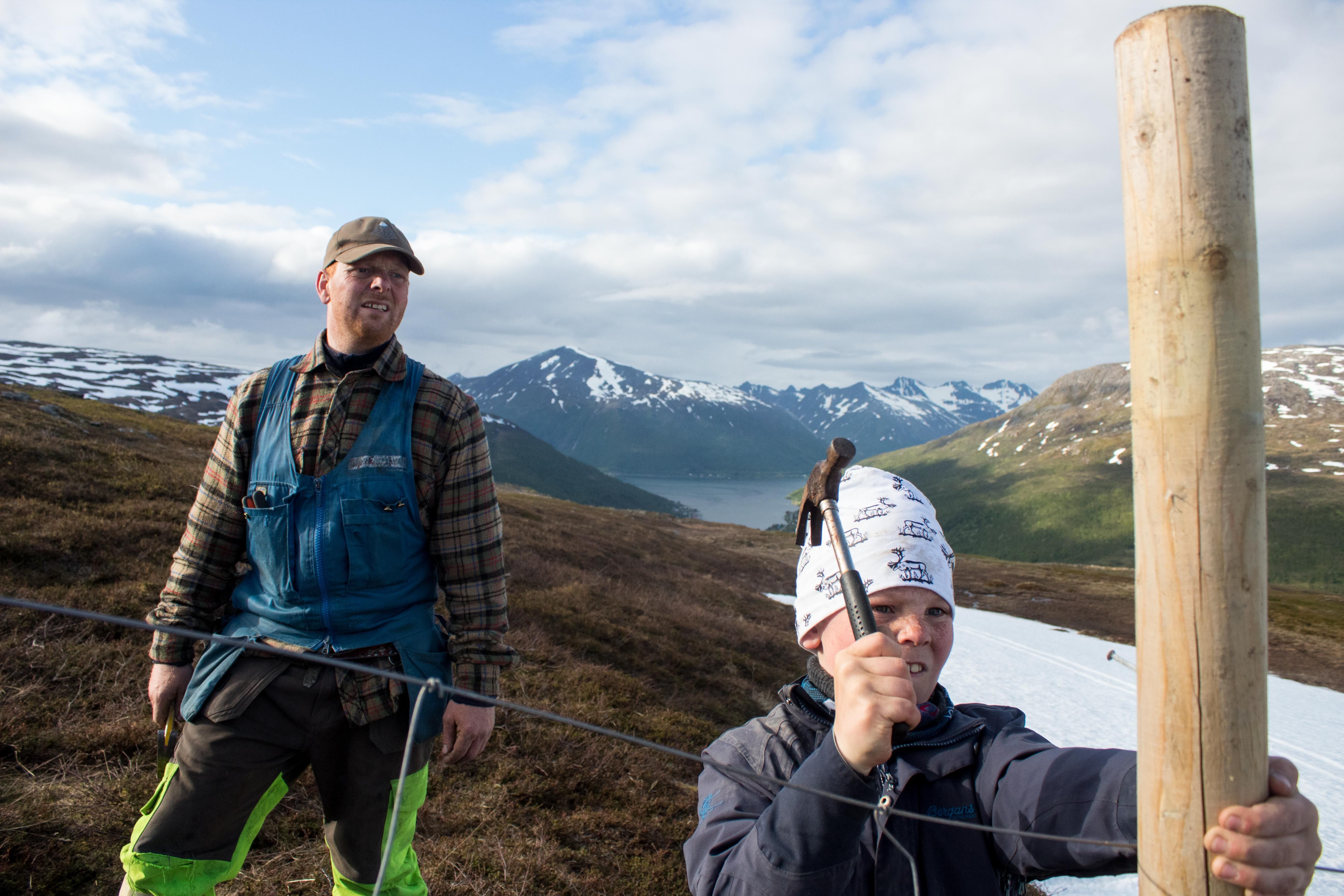Contagion That Travels by Plane
Mark Johnson and McKenna Oxenden
A series of disease outbreaks over the past 15 years—SARS, swine flu, and Ebola, among others—has demonstrated the link between air travel and communicable diseases. Yet the United States still lacks a national plan to prevent and contain the spread of disease by air travel, report Mark Johnson and McKenna Oxenden for the Milwaukee Journal Sentinel. Among complaints made by airline workers: crews responsible for cleaning up after sick passengers are poorly trained. One said “cabin cleaners sometimes use the same towels to clean potentially infectious materials and later to clean food service equipment such as coffeemakers.”
Reindeer vs. Wind Turbines
Amy Martin
For PRI’s The World, reporter and podcaster Amy Martin visits the coast of Norway to learn about the Sámi, an indigenous people suffering from climate change, as well as from the efforts to combat it.
Your financial support helps make the Pulitzer Center’s work possible. Your gifts are tax deductible. Double your gift with the 2017 News Match Challenge today!
Click here to subscribe to our weekly newsletter.


